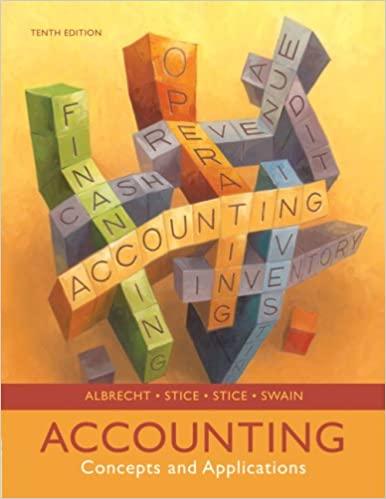Answered step by step
Verified Expert Solution
Question
1 Approved Answer
Procter and Gamble (PG) has a June fiscal year-end. On June 30, 2006, analysts expected the company to pay $1.36 dividends per share in fiscal
Procter and Gamble (PG) has a June fiscal year-end. On June 30, 2006, analysts expected the company to pay $1.36 dividends per share in fiscal year 2007. The company's market beta is estimated to be 0.7. Assume that the risk-free rate is 5.9% and the market premium is 5%. During fiscal year 2006, the company's sales growth was 20.2%. However, analysis reveals that P&G's fiscal 2006 sales include eight months of sales from Gillette after its acquisition by P&G during 2006. Footnotes report pro forma sales that show what the income statement would have reported had Gillette's full-year sales been included in both 2005 and 2006specifically, P&G's sales growth would have been 4.4%.
(a) Estimate P&G's cost of equity capital using the CAPM model. (Round your answer to one decimal place.)
Answer
%
(b) Using your rounded answer from (a), estimate P&G's intrinsic value using the DDM model assuming that dividends per share are projected at $1.36 per share after 2007. (Hint: Apply the DDM model with constant perpetuity.) (Round your answer to two decimal places.)
$Answer
(c) Discuss the appropriateness of the estimate computed in part (b) in light of its assumption for no future dividend growth.
The DDM model with a constant perpetuity would correctly estimate P&G's intrinsic value
The DDM model with a constant perpetuity would likely overestimate P&G's intrinsic value
The DDM model with a constant perpetuity would likely underestimate P&G's intrinsic value
(d) If we use the Gordon growth DDM to estimate stock value per share, which sales growth rate should we use (20.2% or 4.4%)? Explain.
The 4.4% rate is appropriate. The 20.2% rate would overestimate the growth rate because the 2005 sales number does not include sales from Gillette.
The 20.2% rate is appropriate. The 4.4% rate would underestimate the growth rate because the 2006 sales does not include sales from Gillette.
(e) On June 30, 2006, the stock of P&G was priced at $55.60 per share. Infer the market expectation about the future growth rate of P&Gs dividend using the DDM model with an increasing perpetuity and the rounded cost of equity capital computed in (a). (Do not round until your final answer. Round your answer to one decimal place.)
Answer
%
Comment on the reasonableness of this inferred growth rate.
Investors seem to expect P&G to grow at the same rate as the historical number of 4.4%.
Investors seem to expect P&G to grow at a slower rate than the historical number of 4.4%.
Investors seem to expect P&G to grow at a faster rate than the historical number of 4.4%.
Step by Step Solution
There are 3 Steps involved in it
Step: 1

Get Instant Access to Expert-Tailored Solutions
See step-by-step solutions with expert insights and AI powered tools for academic success
Step: 2

Step: 3

Ace Your Homework with AI
Get the answers you need in no time with our AI-driven, step-by-step assistance
Get Started


